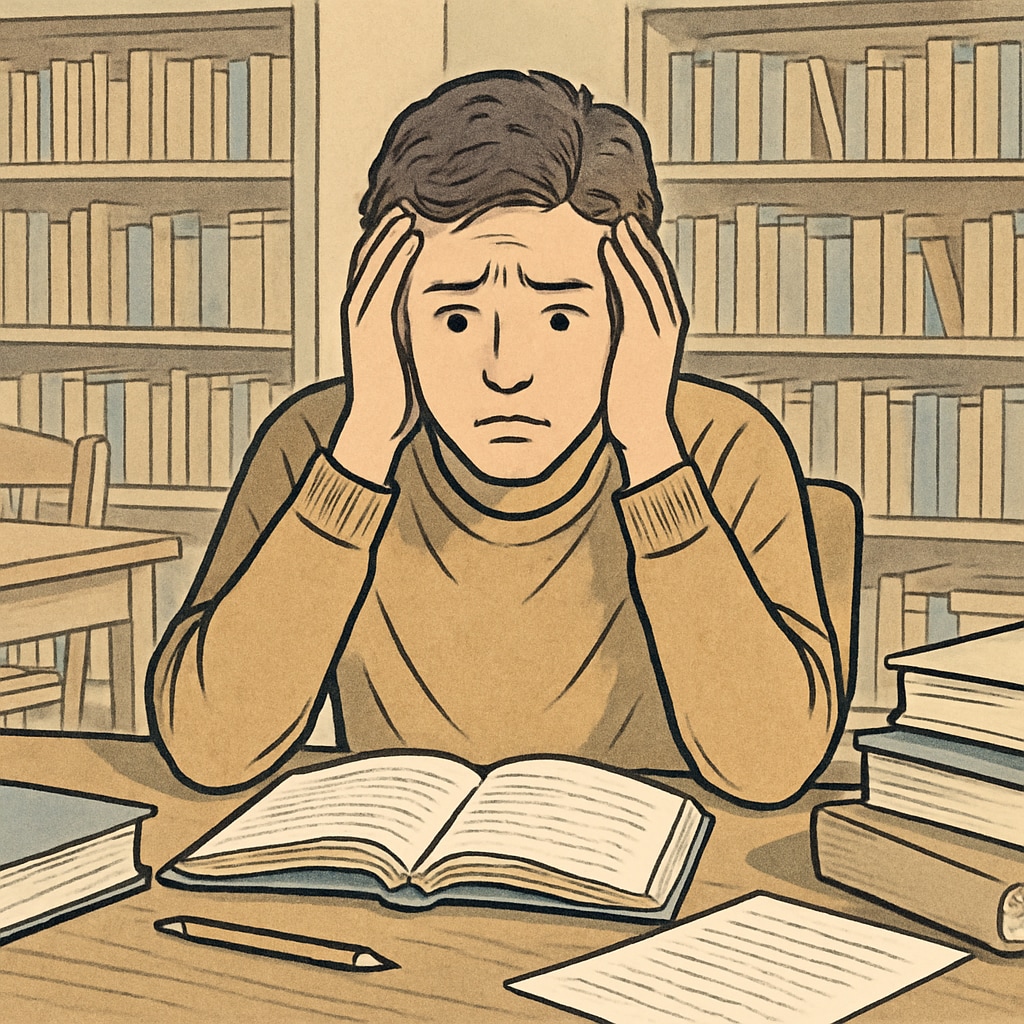Misplaced accusations of plagiarism by professors can have serious consequences for students and the broader principle of academic integrity. When a professor accuses a student of plagiarism without substantial evidence, it risks not only damaging the student’s academic record but also undermining trust within the educational environment. Understanding the causes of such errors is essential to promoting fairness and strengthening the credibility of academic systems.

Why Professors May Wrongly Accuse Students of Plagiarism
Professors are tasked with upholding academic integrity, but sometimes their accusations of plagiarism can be misplaced. Several factors can contribute to such errors:
- Over-reliance on plagiarism detection software: Tools like Turnitin or Grammarly are frequently used to identify potential plagiarism. However, these systems are not infallible and may flag common phrases or properly cited content as plagiarized.
- Implicit biases: Professors, like anyone else, may hold unconscious biases that influence their judgment. For instance, they might scrutinize international or non-native English-speaking students more rigorously due to stereotypes.
- Misunderstanding of collaboration: In some cases, group projects or peer collaborations can blur the lines between shared ideas and individual contributions, leading to confusion about original work.
These factors highlight the importance of approaching plagiarism accusations with caution and thorough investigation.
The Impact on Students and Academic Integrity
When a student is wrongly accused of plagiarism, the consequences can be severe and long-lasting. Here are some of the key issues:
- Damage to reputation: Even if a student is later cleared, the stigma of being accused can tarnish their academic and professional reputation.
- Emotional distress: False accusations can lead to stress, anxiety, and a loss of confidence in the academic process.
- Weakened trust in professors: Students may become reluctant to communicate openly with instructors, fearing further unjust treatment.
Moreover, frequent misplaced accusations can erode the credibility of academic integrity policies, making it harder to address genuine cases of plagiarism.

How Educational Institutions Can Address This Issue
Preventing misplaced plagiarism accusations requires a combination of improved policies, training, and open communication between professors and students. Here are some actionable steps:
- Training for faculty: Institutions should provide training sessions to help professors understand the limitations of plagiarism detection tools and recognize implicit biases.
- Transparent investigation processes: Establishing clear procedures for addressing plagiarism claims can ensure that students have the opportunity to present their side of the story.
- Encouraging proper citation education: Many students unintentionally plagiarize due to a lack of understanding about citation rules. Workshops and resources on proper referencing can reduce such instances.
By adopting these measures, institutions can create a fairer environment and strengthen the trust between educators and students.
Fostering a Culture of Fairness and Respect
At the core of academic integrity lies the principle of respect – respect for original work, respect for the rules of citation, and respect for fair treatment. Professors and students alike must work together to ensure that accusations of plagiarism are supported by evidence and handled with care. Misplaced accusations can be damaging, but with the right measures, educational institutions can build a culture that upholds both fairness and integrity.
In conclusion, addressing the causes behind misplaced plagiarism accusations is essential for maintaining trust in academic systems. By focusing on transparency, training, and open dialogue, we can ensure that both students and professors contribute to a more equitable educational experience.


